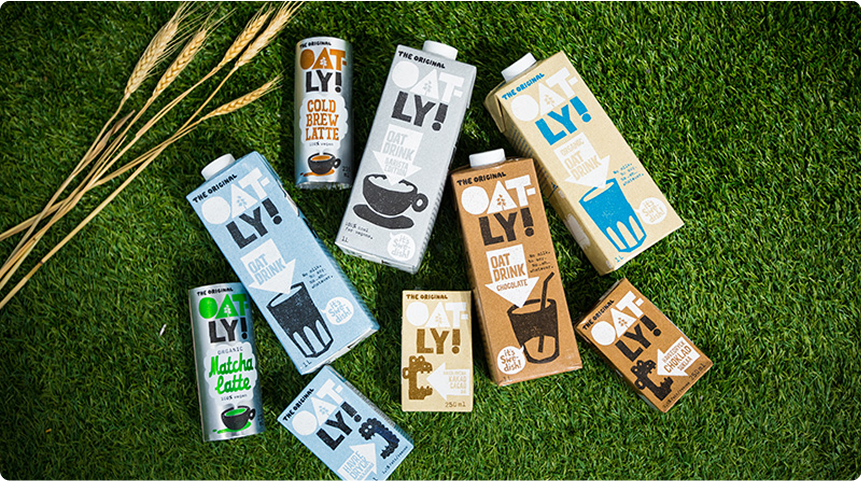Oatly, a global leader in plant-based dairy alternatives, committed to sourcing oats more sustainably as part of its broader climate strategy. To achieve real climate impact and ensure regulatory and investor confidence, the company needed to monitor farming practices, track emissions reductions, and demonstrate credible progress toward Scope 3 emissions targets.
Jeff took complex, technical issues and makes them clear and actionable for any audience. He meets brands where they are and drives alignment fast.
This case study highlights Jeff’s time as a consultant with Regrow Ag.

.svg)
Oatly is a company that produces oat-based milk alternatives and other food products. Their products are known for being vegan, soy-free, and often nut-free. They often emphasize their commitment to sustainability and offer a range of products, including various oat milk options, frozen desserts, and yogurt substitutes, all made from Swedish oats.
Oatly faced the challenge of transforming its oat supply chain—spanning thousands of acres and numerous third-party suppliers—into a climate-aligned system without overburdening growers or sacrificing data integrity. The company required:
Traditional sustainability metrics and reporting tools lacked the spatial precision, data flexibility, and modeling rigor to meet these needs.
To meet this challenge, Regrow deployed Sustainability Insights, a software platform designed to monitor regenerative agriculture outcomes across complex sourcing landscapes. The platform allowed Oatly to:
The product’s ability to deliver decision-grade, Scope 3-aligned data—at scale—was a result of Jeff Butler’s product leadership, including:
1. Scope 3-Ready Emissions Monitoring
Butler architected the Sustainability Insights platform to support science-based, auditable emissions modeling that aligns with Scope 3 accounting standards. He led the integration of:
This ensured that Oatly could report on emissions reductions with confidence and regulatory alignment.
2. Flexible Data Inputs for Grower Privacy and Scale
Recognizing the sensitivity of grower data and variability in access, Butler designed the platform to operate across a tiered data fidelity model:
This allowed Oatly to build a robust Scope 3 inventory and monitor sustainability progress without requiring full participation from every grower.
3. Geospatial Benchmarking and Supplier Targeting
Butler introduced a supply shed intelligence module within the product that enabled Oatly to:
This empowered Oatly’s sourcing teams to act on the data, not just report it.
4. Decision-Grade Dashboards and KPIs
Butler led the development of dashboards tailored to enterprise users, surfacing key metrics such as:
These outputs supported both internal strategy development and external stakeholder communications.

Oatly’s collaboration with Regrow and the deployment of Sustainability Insights, led by Jeff Butler, drove meaningful business and sustainability outcomes:
This enabled Oatly to operationalize its regenerative sourcing strategy and fulfill Scope 3 reporting obligations with scientific and spatial integrity (source).
.svg)
“Jeff takes complex, technical issues and makes them clear and actionable for any audience. He meets brands where they are and drives alignment fast.“